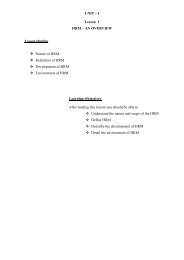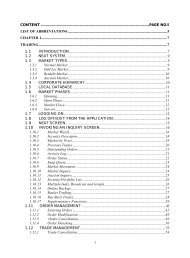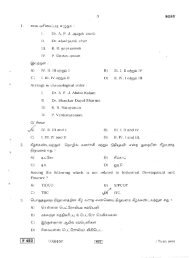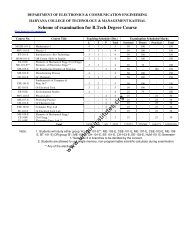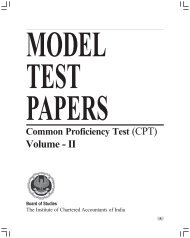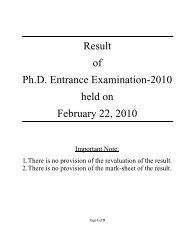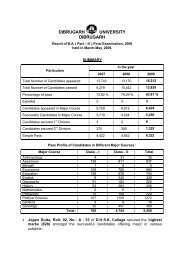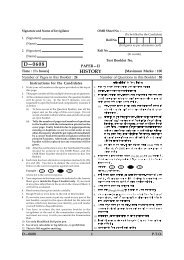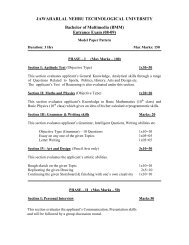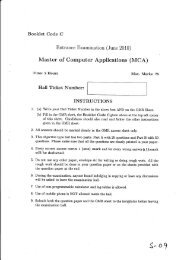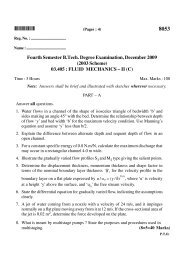Document file:///D|/Export1/www.netlibrary.com/nlreader/nlreader.dll ...
Document file:///D|/Export1/www.netlibrary.com/nlreader/nlreader.dll ...
Document file:///D|/Export1/www.netlibrary.com/nlreader/nlreader.dll ...
You also want an ePaper? Increase the reach of your titles
YUMPU automatically turns print PDFs into web optimized ePapers that Google loves.
<strong>Document</strong><br />
Page 84<br />
legitimized the role of increasing returns and circular causation with a neat model thirty-five years ago?<br />
But it didn't happen, and perhaps couldn't. Those economists who were attracted to the idea of powerful<br />
simplifications were still absorbed in the possibilities of perfect <strong>com</strong>petition and constant returns; those<br />
who were drawn to a richer view, like Hirschman, became impatient with the narrowness and seeming<br />
silliness of the economics enterprise.<br />
That the story may have been preordained does not keep it from being a sad one. Good ideas were left<br />
to gather dust in the economics attic for more than a generation; great minds retreated to the intellectual<br />
periphery. It is hard to know whether economic policy in the real world would have been much better if<br />
high development theory had not decayed so badly, since the relationship between good economic<br />
analysis and successful policy is far weaker than we like to imagine. Still, one wishes things had played<br />
out differently.<br />
The Exile of Economic Geography<br />
The story of economic geography is a bit different from that of development theory. For one thing, the<br />
modeling is considerably harder. The Murphy et al. Big Push story looks like something that could have<br />
been done forty years ago, had anyone happened on the right way to think about the problem. The<br />
spatial model presented in the appendix does not it requires a sort of layering of technical tricks<br />
developed piece by piece over the past twenty years, and at the end I rely on simulation exercises of a<br />
kind that have only be<strong>com</strong>e easy to do on a desktop in the last few years. And I should admit that not<br />
everyone thinks that I have solved the problem of how to do spatial economics, or even<br />
<strong>file</strong>:///<strong>D|</strong>/Export2/<strong>www</strong>.<strong>netlibrary</strong>.<strong>com</strong>/<strong>nlreader</strong>/<strong>nlreader</strong>.<strong>dll</strong>@bookid=409&<strong>file</strong>name=page_84.html [4/18/2007 10:30:38 AM]



